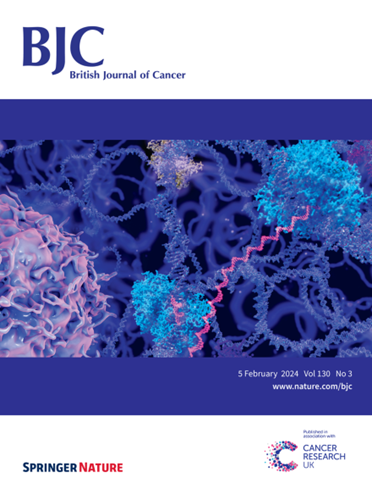Women’s perspectives of molecular breast imaging: a qualitative study
IF 6.4
1区 医学
Q1 ONCOLOGY
引用次数: 0
Abstract
Mammography has poor sensitivity in dense breast tissue. Retrospective studies suggest that Molecular Breast Imaging (MBI), has superior diagnostic accuracy to mammography in women with very dense breast tissue. Women’s perspectives of MBI are unknown, but are crucial to understanding the feasibility of, and routes to, adoption into practice. Semi-structured interviews with screened and unscreened women explored acceptability of MBI. Data were analysed thematically. Four themes were generated from nineteen interviews: (1) presumed negative aspects of MBI are acceptable (2) convenience of access, (3) comfort in familiarity and (4) need for shared decisions relating to risk. Presumed negative aspects of MBI, such as radiation dose and forty-minute scan time, were acceptable provided there are benefits. Some participants were concerned about equitable access, such as parking. Participants expressed comfort in existing and familiar screening processes. Participants acknowledged that informing women of their breast density may result in increased anxiety, but it was still felt to be important to ensure women are fully informed of the risks and harms of screening. Women consider MBI to be an acceptable breast imaging modality. High-quality information enabling informed decision-making is essential.

女性乳腺分子成像的视角:一项定性研究。
背景:乳腺x线摄影对致密乳腺组织的敏感性较差。回顾性研究表明,分子乳腺成像(MBI)在乳腺组织非常致密的女性中具有优于乳房x线摄影的诊断准确性。妇女对MBI的看法尚不清楚,但对于了解将其付诸实践的可行性和途径至关重要。方法:对筛查和未筛查妇女进行半结构化访谈,探讨MBI的可接受性。数据按主题进行分析。结果:从19个访谈中产生了四个主题:(1)假定的MBI的负面方面是可以接受的;(2)访问的便利性;(3)熟悉的舒适性;(4)与风险相关的共同决策的必要性。假定MBI的负面方面,如辐射剂量和40分钟扫描时间,只要有好处,是可以接受的。一些与会者担心公平的机会,例如停车。与会者对现有和熟悉的筛选程序表示满意。与会者承认,告知妇女乳房密度可能会增加她们的焦虑,但仍然认为确保妇女充分了解筛查的风险和危害是很重要的。结论:女性认为MBI是一种可接受的乳房成像方式。高质量的信息对知情决策至关重要。
本文章由计算机程序翻译,如有差异,请以英文原文为准。
求助全文
约1分钟内获得全文
求助全文
来源期刊

British Journal of Cancer
医学-肿瘤学
CiteScore
15.10
自引率
1.10%
发文量
383
审稿时长
6 months
期刊介绍:
The British Journal of Cancer is one of the most-cited general cancer journals, publishing significant advances in translational and clinical cancer research.It also publishes high-quality reviews and thought-provoking comment on all aspects of cancer prevention,diagnosis and treatment.
 求助内容:
求助内容: 应助结果提醒方式:
应助结果提醒方式:


